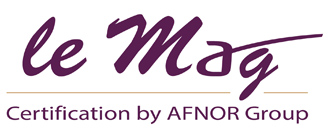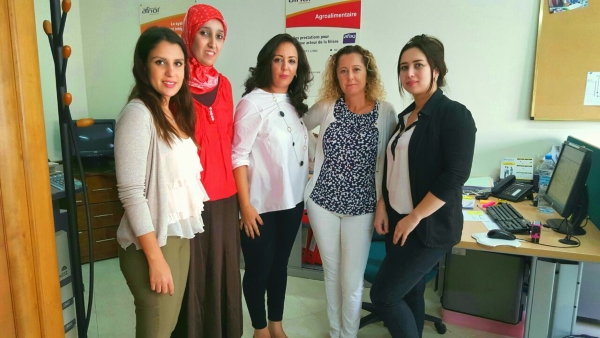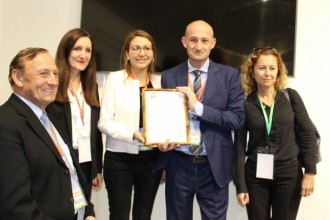Setting up a business in North Africa, especially Morocco, is easier said than done. Interview with Lilia Kriaa Lahlou, Director of AFNOR Group’s Moroccan office. Article published in French in the November-December 2016 issue of Classe Export magazine.
What is the defining feature of those entrepreneurs who manage to set up a successful business in Morocco?
It is clearly those who have taken the time to understand the unique characteristics of each culture in North Africa. Although they share the same language, religion and history, there are several differences from one country to the next. Therefore, gaining a clear insight into the culture and habits of each country is a major advantage that will simplify transactions and help avoid any barriers or problems. For example, Moroccans find it hard to say “no”. You should be aware of this and you should be prepared accordingly, such as when bidding on an invitation to tender.
Another example: even if all the indications seem to be positive following a meeting and everything seems to suggest that you are going to win the project, it is not that straightforward. Successful entrepreneurs are those who go and see the customer to support their proposal and who show an interest in the customer as a person. Human relations are vitally important. Nothing is more effective than paying the customer a visit, picking up the phone or inviting the customer to lunch. Written correspondence has yet to become widespread practice in the working world.
What other advice would you give in terms of attitude and behaviour?
Above all, be humble. Europeans must avoid acting all high and mighty when arriving in Morocco. Sometimes an auditor or trainer may give off an air of superiority… which may lead to snap judgements. Entrepreneurs should bear in mind that directors and managers in Morocco are often well trained, have travelled extensively, are well educated and highly cultured. They expect to see signs of respect from the person that they are doing business with, which can sometimes be found in the smallest details. For example, arriving at a meeting in a pair of jeans is considered to be a mistake. Anecdotally, one day a buyer told me that he did not open his door to providers turning up in small cars, because that meant the company was not prosperous. Consequently, entrepreneurs need to consider, understand and incorporate a host of small details.
What should entrepreneurs be prepared to see when it comes to administration?
The administrative component is an important part of invitations to tender. Major companies expect to see a tax statement to prove that you are up-to-date with your taxes, as well as a statement from the national social security organization. Certification to international standards is also an invaluable asset. That is why we are developing training courses focusing on quality (ISO 9001) and occupational health and safety (OHSAS 18001) standards.
Any last words of advice for our readers?
Yes, I would encourage them to be adaptable. Doing a good job goes a long way to making a name for yourself, because people work by word of mouth. The opposite is also true: a poor reputation can be gained in no time at all. You need to learn how to deal with unforeseen incidents, because things very often do not go to plan. An employee who fails to turn up, a telephone that does not work, a driver who forgets his credentials to prove that he has been sent on behalf of a company… you need to deal with that by setting checks at almost every turn. The aim is not to penalize, but simply structure your activities in such a way that you can steadily move forward.
[button content=”For more information about AFNOR Group’s Moroccan office…” color=”yellow” text=”black” url=”http://www.afnor.ma/mafr/” openin=”_blank”]
[button content=”For more information, read the Classe Export magazine…” color=”yellow” text=”black” url=”http://www.classe-export.com” openin=”_blank”]





